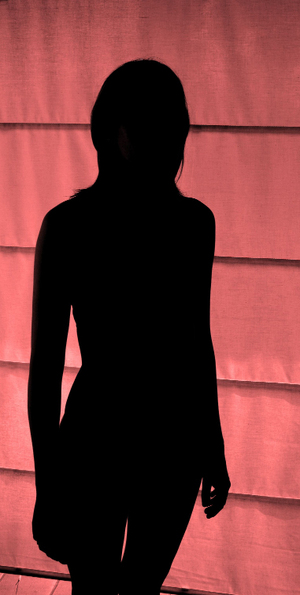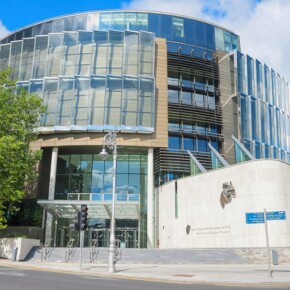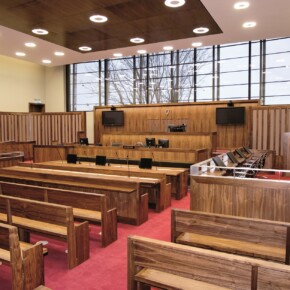Escort ads not affected by councillors’ call
Dublin People 15 Sep 2012
OVER 130 women were advertising a variety of sex services from Southside addresses on one of Ireland’s most prominent
‘escort’ websites during the same week that Dun Laoghaire Rathdown councillors supported a call to end exploitation and trafficking.
The services being offered at prices of between e60 to e150 per half hour are available at a number of locations across the Southside.
The figures were noted just days after Dun Laoghaire Rathdown councillors voted to support a campaign to tackle the exploitation of women and human trafficking, making payments for sex illegal.
Of the 134 women advertising in Southside areas on the website last week, 15.4 per cent (39) were operating in Dublin 2, close to the city centre.
However, many were working in plush suburban areas with 21 (8.3 per cent) based in the Sandyford area in Dublin 18 and 23 working from Dublin 4 addresses.
A further 20 were based in Dublin 24 with just three in both Dublin 12 and Dublin 22. Dublin 6 and Dublin 8 both had 10 women offering services.
The adverts on the website say the women are charging
‘for their time and companionship only’, but a full
‘menu’ of sex services provided is listed on the women’s profiles.
The profiles also state that aside from time and companionship, anything that occurs between the women and clients
“is a matter of coincidence and choice between consenting adults
?.
The website is legally registered to a UK based new media firm that provides advertising and website development services to small businesses and the authorities here are powerless to interfere with it.
And despite the phone numbers of the women being freely provided on the website, gardai have difficulty acting as under Irish law it’s not illegal to sell or purchase sex privately.
Current legislation states that it is only an offence to
“organise prostitution, coerce or compel a person to be a prostitute, knowingly live off the earnings of a prostitute, or keep or manage a brothel.
?
Most of the women on the website are advertised as working independently, making it difficult to prove that any laws are being broken.
Despite the high volume of services being offered on the website, last week’s decision by Dun Laoghaire Rathdown councillors was welcomed by Turn Off The Red Light campaigners.
The council is the fifth local authority to demand a change in the law and its call comes as the Government continues a public consultation on the issue.
The Turn Off the Red Light Campaign is a coalition of 57 organisations seeking a change in the law.
Denise Charlton, chief executive of the Immigrant Council of Ireland, one of the organisations involved, welcomed the news.
“This decision is the first by a Dublin local authority, with councillors agreeing that targeting those who buy sex is the best way to end exploitation and sex trafficking,
? she said.
“Our focus now is to get the other councils in the Dublin area and across the country to follow and ensure that the opportunity that has arisen to change the law does not slip by.
“We are asking people to contact their TDs, Senators and local councillors to ensure that the protection of human rights in our own communities is placed high on the political agenda.
?
Sarah Benson, chief executive of Ruhama, a support group for women affected by prostitution, also praised councillors for supporting the campaign.
“Dun Laoghaire Rathdown now joins councils in Longford, Leitrim, Sligo and Athlone in seeking a change in the law,
? she said.
“The campaign wishes to acknowledge the strong support it received from local politicians and in particular Cllr Jane Dillon-Byrne.
“The Turn Off the Red Light Campaign remains fully committed to the consultation process which is currently underway, but believes it is important that we can show strong public and political support to ensure that the law will be changed.
?
A recent report from Ruhama reported an 18 per cent increase in the number of women accessing its services and the organisation assisted 200 women from 36 countries last year.
Ninety-one of these were suspected victims of human trafficking and 22 were new cases. A total of 41 women were also assisted through their street outreach work.
“We heard about physical and sexual assault, degrading and humiliating verbal abuse, hyper-vigilance and constant tension, feelings of isolation
?? from other people and from the rest of society
?? panic attacks, depression and suicidal feelings,” Ms Benson said.
“The over-reliance on the immigration system to detect victims of trafficking and the fact that most victims are forced to make their own escape from traffickers if they are to access help results in a relatively low number of victims receiving assistance in Ireland.
?











